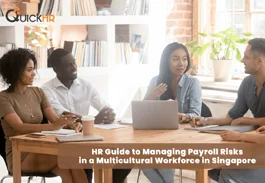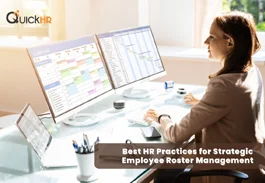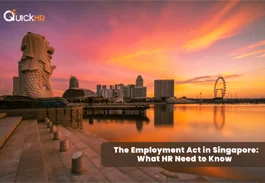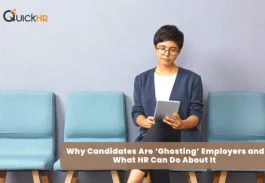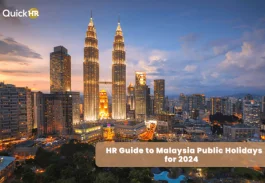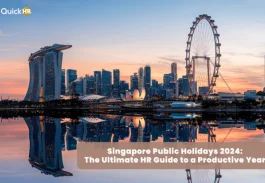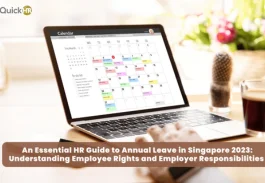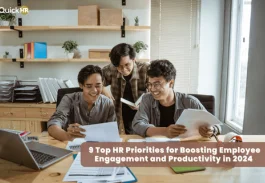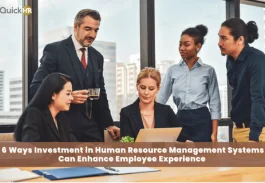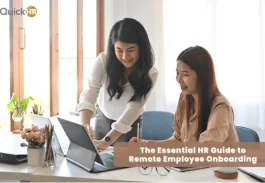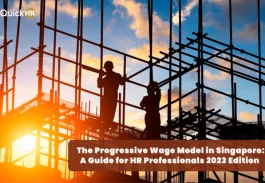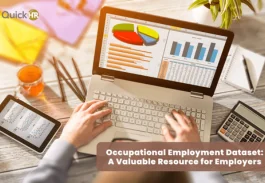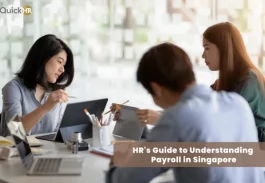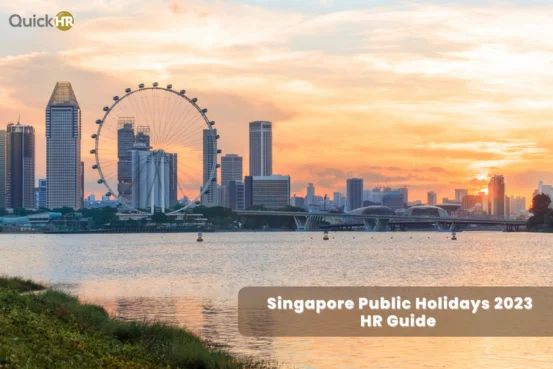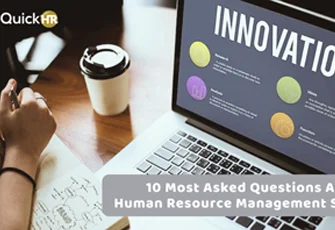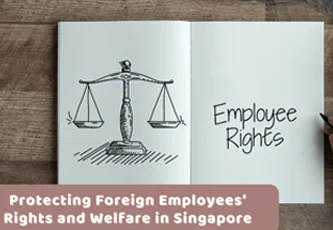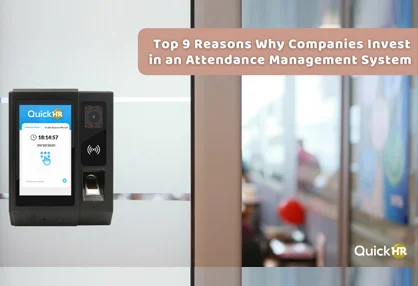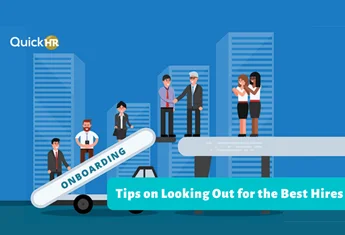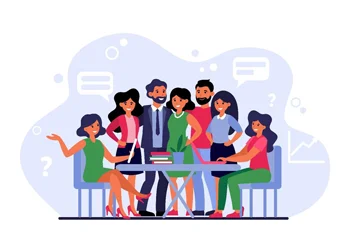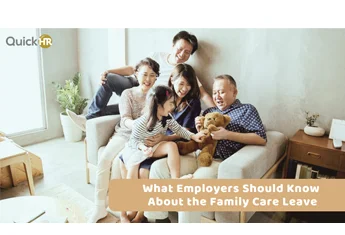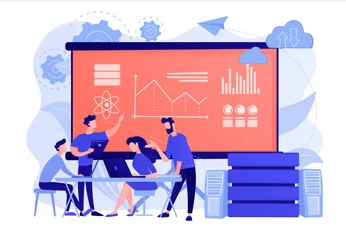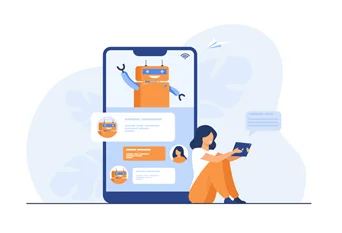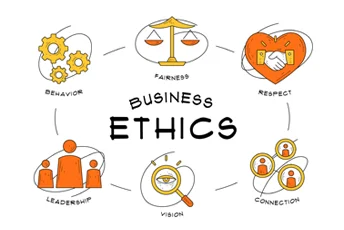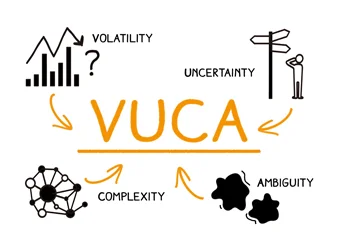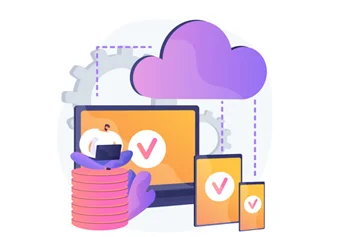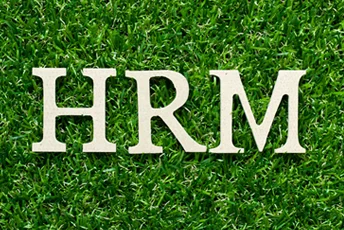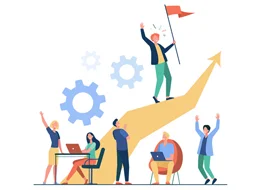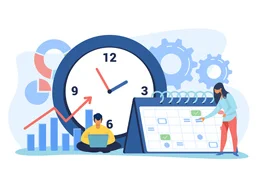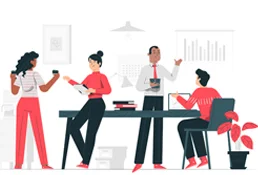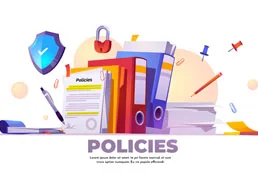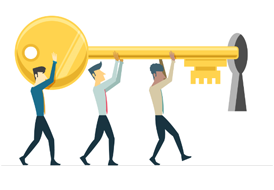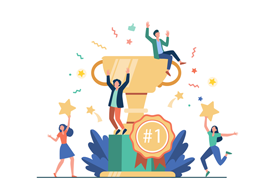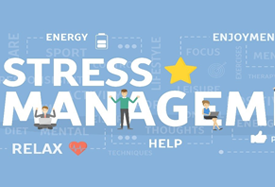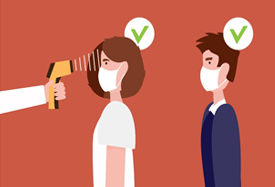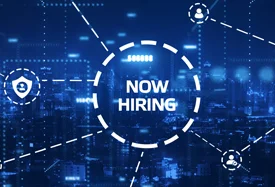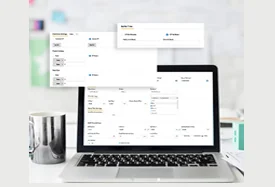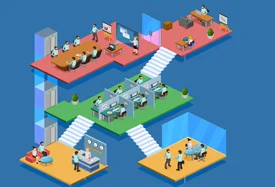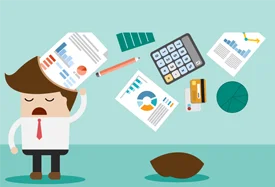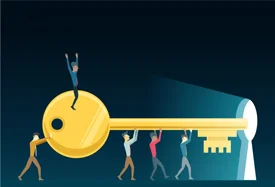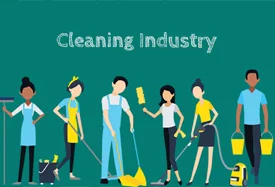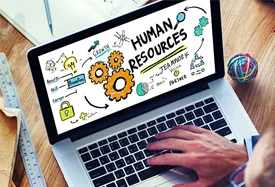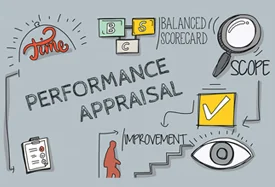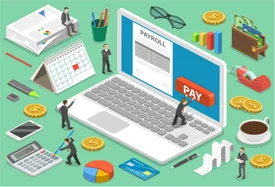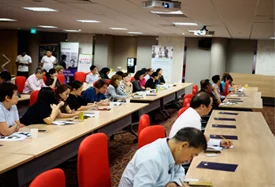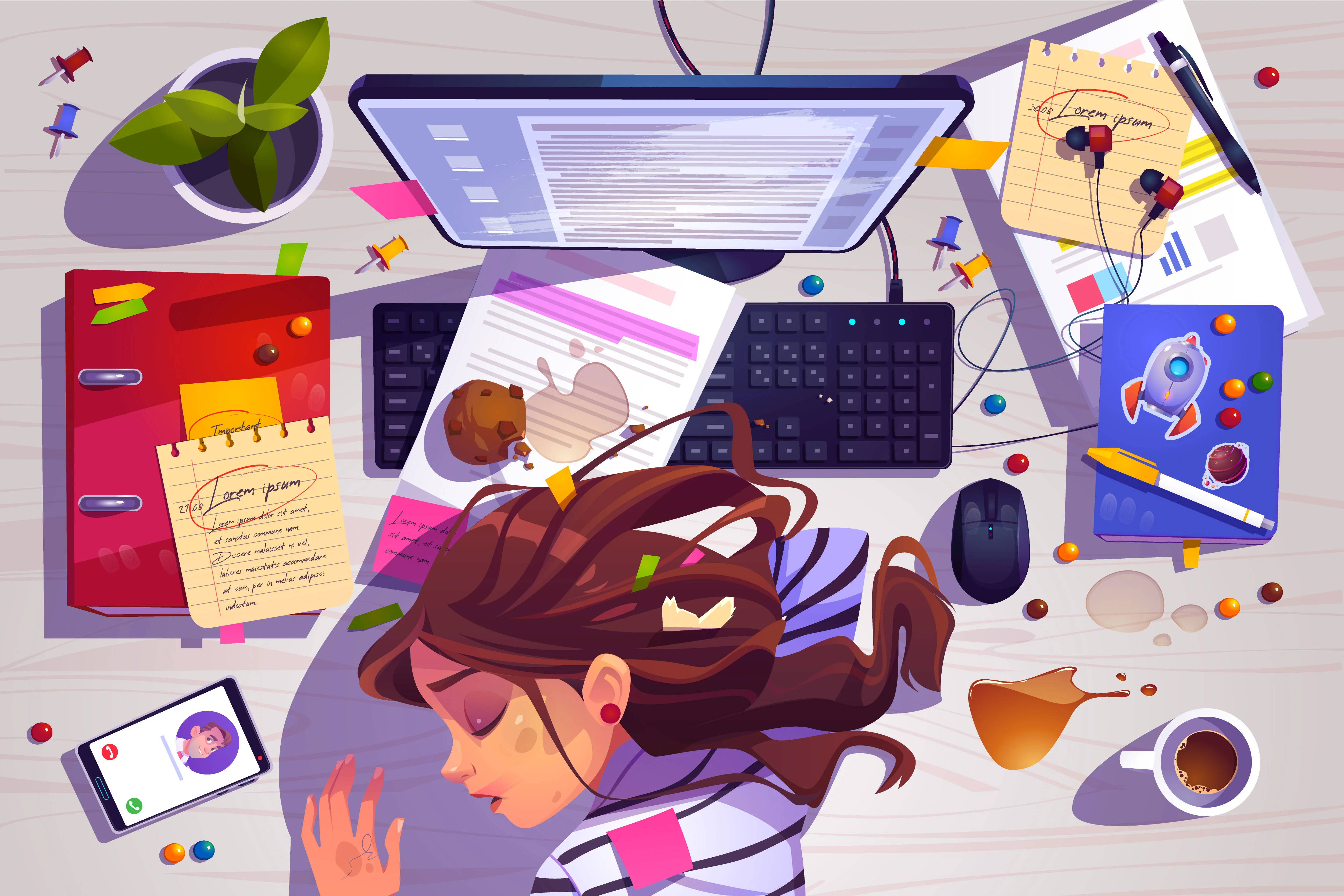
Sleeping on the Job: Is it Always Bad?
Posted on 26 January 2021 in Business | Gabriel Chua
Give Me a Break
"Hey you! Yes, you! Wake up and get back to work!"
That's probably something you would never want to hear from your bosses or superiors. Sleeping on the job isn’t looked upon favourably.
Besides the embarrassment it causes on a personal level, colleagues may view the matter as a form of unprofessionalism. However, is that always the case? Singapore is known to be one of the most stressful countries to work in, and Human Resources ought to be mindful of this fact. Should some leeway be afforded?
Breaking Down Barriers
Singapore has come a long way since our independence. What was once a small and poor nation has developed into one that boasts a mighty economic clout, overcoming many obstacles on the way. This, however, has come at the cost of developing a workaholic culture where some locals even pride themselves upon sacrificing body for company. Nevertheless, such an occurrence should not be looked upon with favour, with overworking well-documented to have numerous negative effects, such as increased cholesterol levels and higher blood pressure, which pose a great risk to health.From an organisation-wide perspective, employees who are overworked may come across as unfriendly and unenergised, affecting customer service and client satisfaction
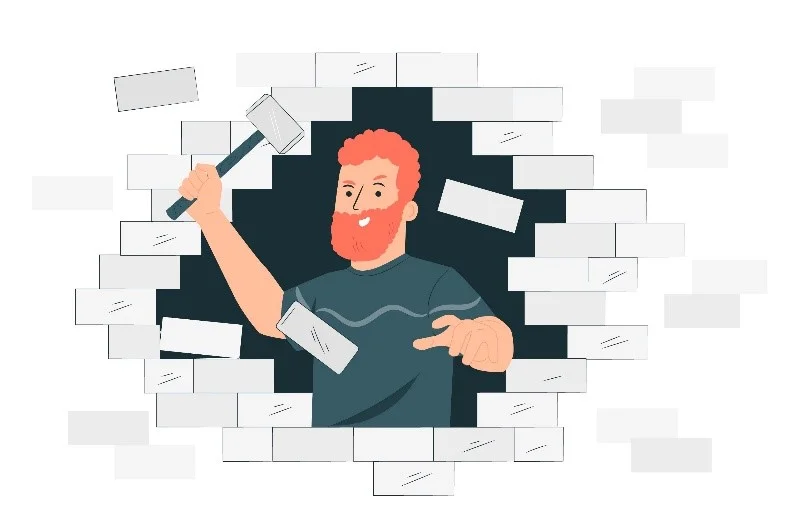
levels. Additionally, overworked employees are more likely to take sick days off, resulting in lost days of business, or racking up unnecessary medical expenditure.
All things considered, it is no wonder why Singaporeans may feel the need to catch a few Zs as and when they can. It is therefore of utmost importance, that in conceptualising a wholistic view of productivity, activities such as sleeping on the job be encourage and allowed.
Workplace Positivity Reimagined
The concept of power napping, does not represent sluggishness, but on the contrary, has been found to have many beneficial effects, such as waking up energised with a vigoured spirit that allows employees to get back to work with enhanced concentration and productivity levels. This goes against the long-held view that any form of sleep while at work constitutes unprincipled and unbefitting behaviour of employees.
However, in order to truly make a difference, it goes beyond just a simple change in workplace policies. There is a further need to challenge workplace stereotypes,allowing employees the opportunity to express their own personal views regrading the matter. In doing so, a more holistic

and efficient workforce can be developed for the betterment of the entire organisation at large.
Nap Time
It has long been established that working longer hours does not equate to greater productivity. However, balancing employee well-being with performance is no easy task. Let us take a look at 2 companies who have managed to establish such a practice.
Company 1: Garena
Local gaming company Garena, furnished its Singapore office with several beds, pillows and fresh sheets after management took into account the comments and recommendations made by their staff. Encouraging their employees to take a break when overwhelmed had the extended effect of boosting the overall efficacy of employees. Indubitably, this helped Garena to experience an increase in revenue by 73%, or US$569 million.
In encouraging constructive feedback, the company managed to effectively listen to the voices of
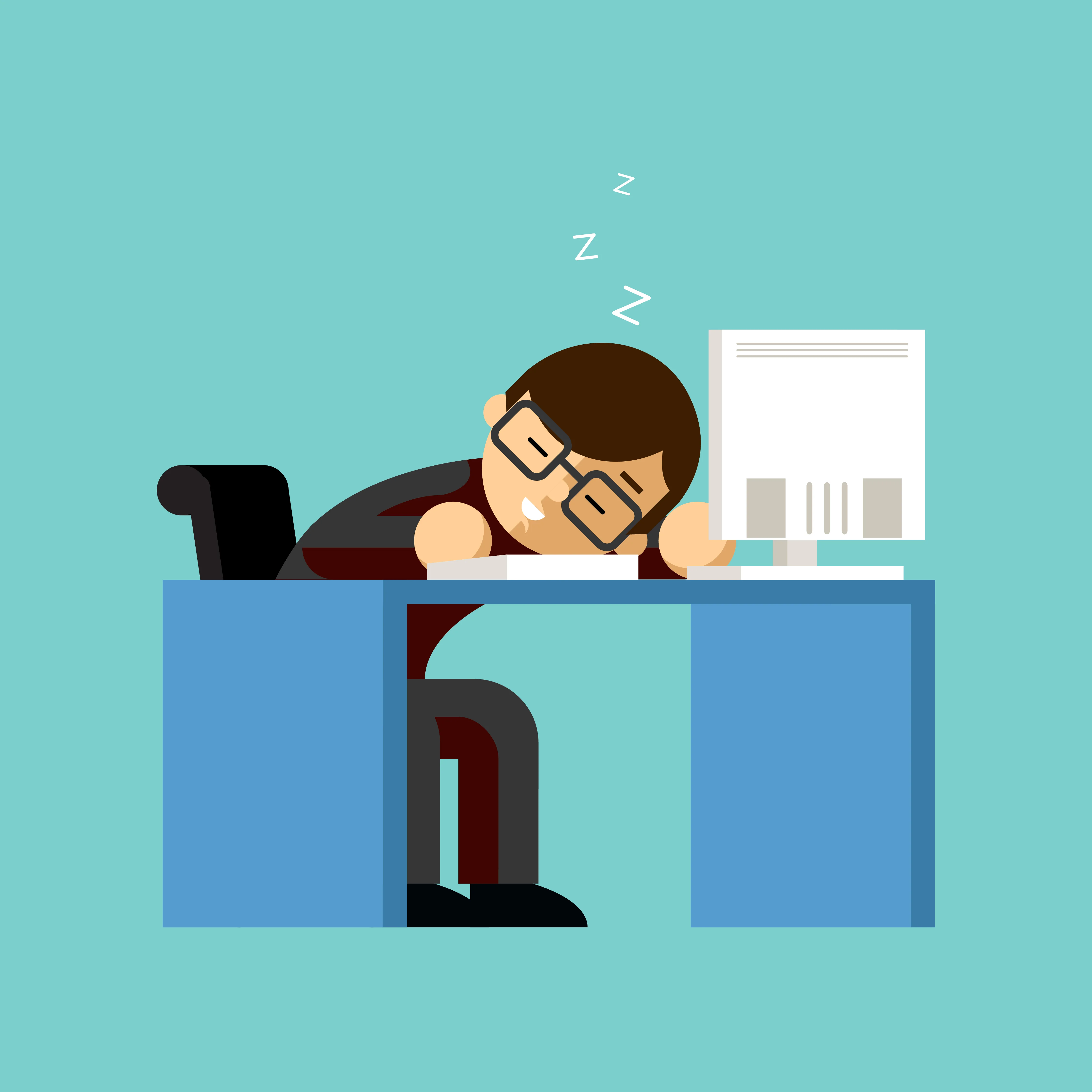
their employees and challenged the conventional notion that napping on the job was an indication of laziness or weakness. As can be seen, sleeping while at work, can be a testament to an unconventional, yet highly effective and efficient organisation.
Company 2: Google
Google was a pioneer in encouraging sleeping on the job via use of their nap-pods, a small stand-alone structure that resembled a private capsule-like bed. By providing the necessary facilities for napping during work hours, employees are empowered to conceptualise their imaginations and translate them into the latest innovations for the company. Google’s focus on employee wellbeing through such workplace practices has contributed to Google being consistently ranked within the top 10 best places to work.
Google was a key player in bringing about change at work by encouraging employees to rest during the day. This shows that by establishing a working culture that focuses on results rather than activity, including legitimising activities such as taking a power nap, can have sustained positive results.
Embracing the Z-monster
We recognise that as a HR professional, suggesting such a practice may be difficult, especially for employers who are only concerned with their bottom line. However, HR can be the first to advocate a more holistic view towards productivity
At the end of the day, there is really no need at all to fight from sleeping at work. Instead, it’ll prove more fruitful to embrace the Z-monster and constructively structure the situation so that your organisation will be in a position to gain. In doing so, your employees will be empowered with a new avenue to leverage upon creativity and innovation to continually drive the business forward.
To assist your HR team in its bold transformation of the workplace, check out QuickHR With our state-of-the-art HRMS software boasting many multi-faceted modules like our award-winning Payroll, and Applicant Tracking Systems, rest assured that even the most tedious of HR processes will be made simple.
Once again, we hope that you’ve enjoyed a good read. And remember, Think Now, Think Far, Think QuickHR.
Click here to find out more about our state-of-the-art HRMS solution!
Enjoying this article? Subscribe now and never miss out on future content.
